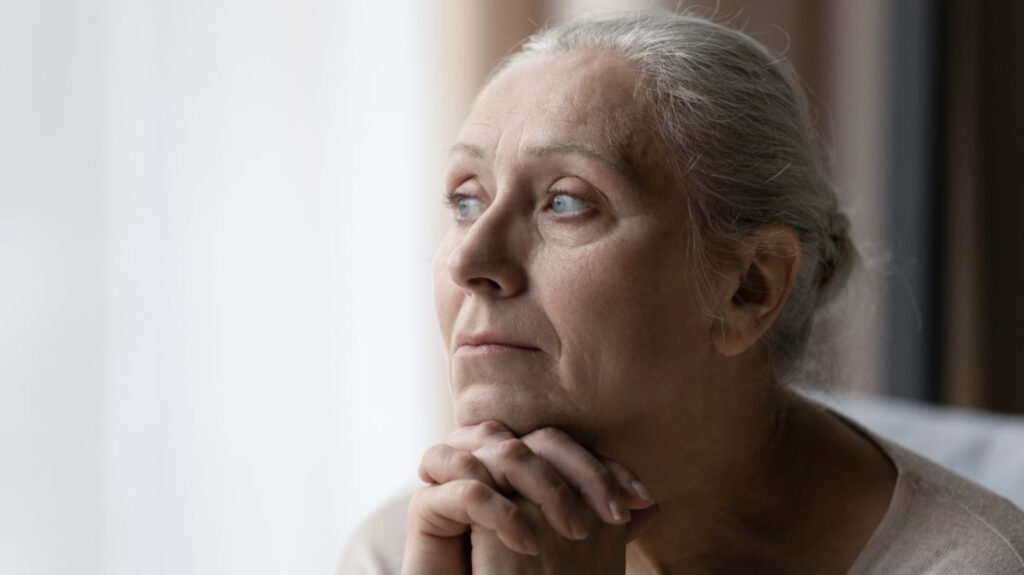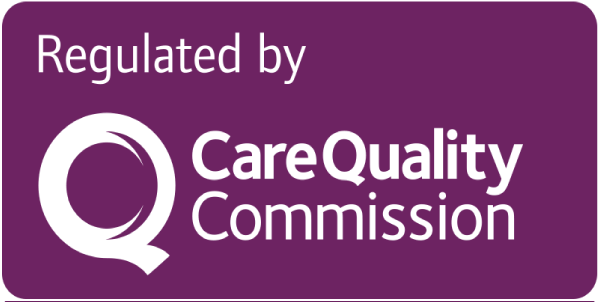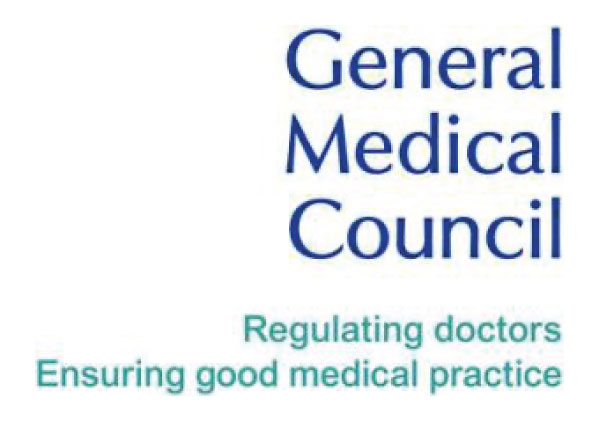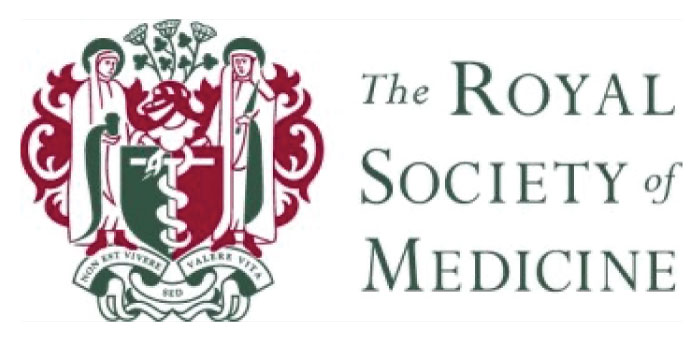
Over 90% of Women Left in the Dark During Menopause
Menopause, the natural transition marking the end of a woman’s reproductive years, affects every woman eventually. However, for many, this transition comes with a wave of unwelcome symptoms like hot flashes, sleep disturbances, and mood swings. Unfortunately, a new statistic paints a concerning picture: over 90% of women seeking medical help for these symptoms leave without the solutions they need.
Why Are So Many Women Left Without Answers During Menopause?
The culprit behind this staggering statistic? A significant knowledge gap among physicians when it comes to treating menopause. Many doctors receive limited training on menopause management during medical school, leaving them unprepared to address the complex and varied symptoms women experience. This lack of education can lead to:
- Misdiagnosis: Symptoms like fatigue and brain fog can be attributed to other conditions, leading to missed opportunities for targeted treatment.
- Under-treatment: Doctors may be hesitant to prescribe hormone replacement therapy (HRT), the most effective treatment for many women, due to concerns or a lack of familiarity with different options.
- Misinformation: Outdated or inaccurate information about HRT can fuel patient anxieties and lead to a reluctance to consider this treatment option.
How Can We Change This? Filling the Knowledge Gap
The good news is that the tide is turning. A growing recognition of this unmet need is leading to a positive shift:
- Increased Training: Medical schools and professional organizations are incorporating more comprehensive menopause education into their curricula.
- Open Communication: Doctors are encouraging open communication with patients, allowing women to walk away feeling heard and with all options explored.
- Focus on Individual Needs: The emphasis is on personalized care plans, tailoring treatment to each woman’s unique experiences and preferences.
Taking Charge of Your Menopause Journey: Trust Your Instinct
If you’re experiencing menopause symptoms, know you’re not alone. Don’t be discouraged if your initial doctor visit doesn’t provide the answers you seek. Here are some tips to advocate for yourself:
- Do your research: Learn about menopause and available treatment options like HRT.
- Find a Menopause-Informed Doctor: Look for healthcare providers who specialize in women’s health and menopause management. Review sites and ask for recommendations from friends who had positive experiences.
- Be prepared to communicate openly and honestly: Discuss your symptoms and concerns in detail. Don’t be afraid to use clear language: “These symptoms are impacting my quality of life” or “I’m interested in exploring all treatment options, including HRT.”
- Trust Your Gut: If a doctor dismisses your concerns or makes you feel unheard, don’t be afraid to seek a second opinion. You deserve a healthcare provider who validates your experiences and works collaboratively with you to find solutions.
Gaslighting in the Doctor’s Office: You Are Not Crazy
Unfortunately, some women encounter medical gaslighting during menopause. This can involve doctors downplaying symptoms, attributing them to “anxiety” or “getting older,” or dismissing your request for HRT based on outdated information. Remember, you are the expert on your own body. If something feels off, trust your gut and find a doctor who listens and respects your concerns.
By working together, women and healthcare providers can bridge this knowledge gap and ensure every woman receives the support and information needed to navigate menopause with confidence.









